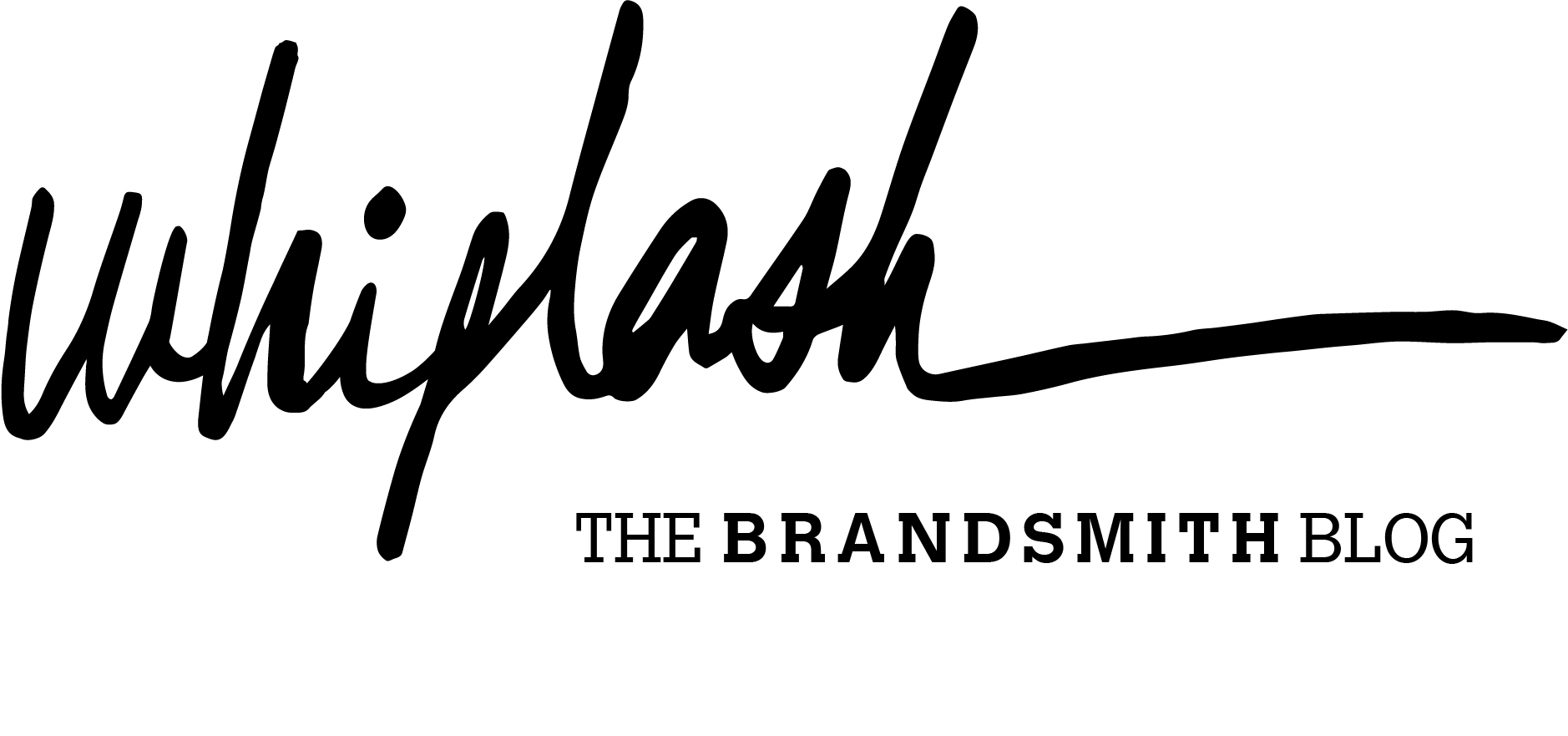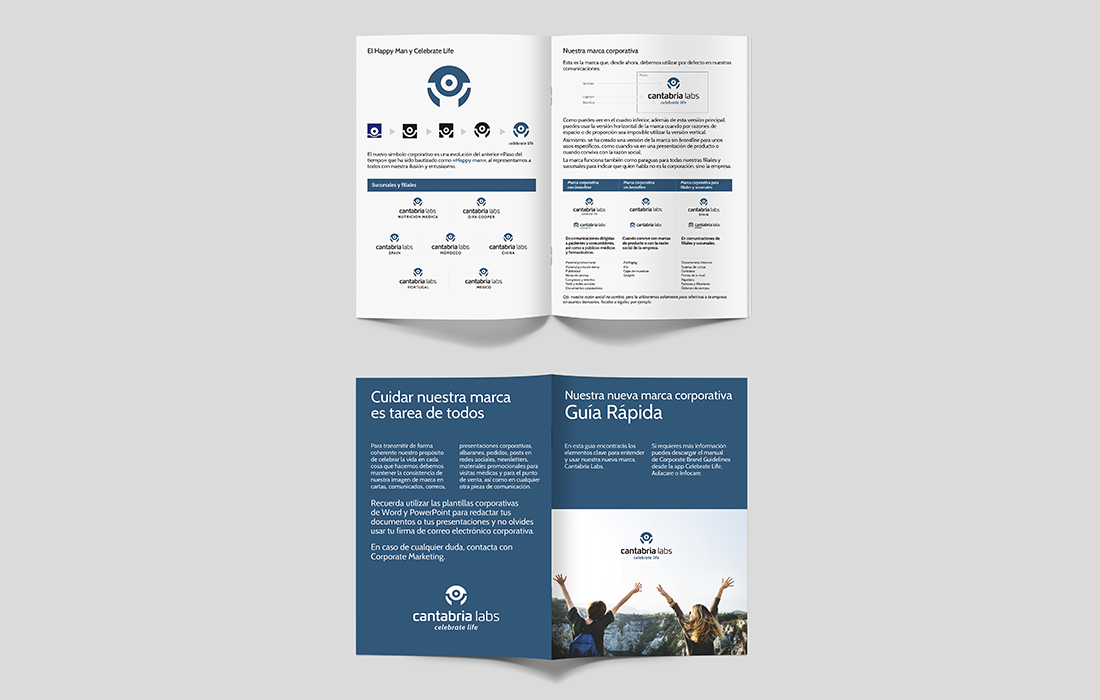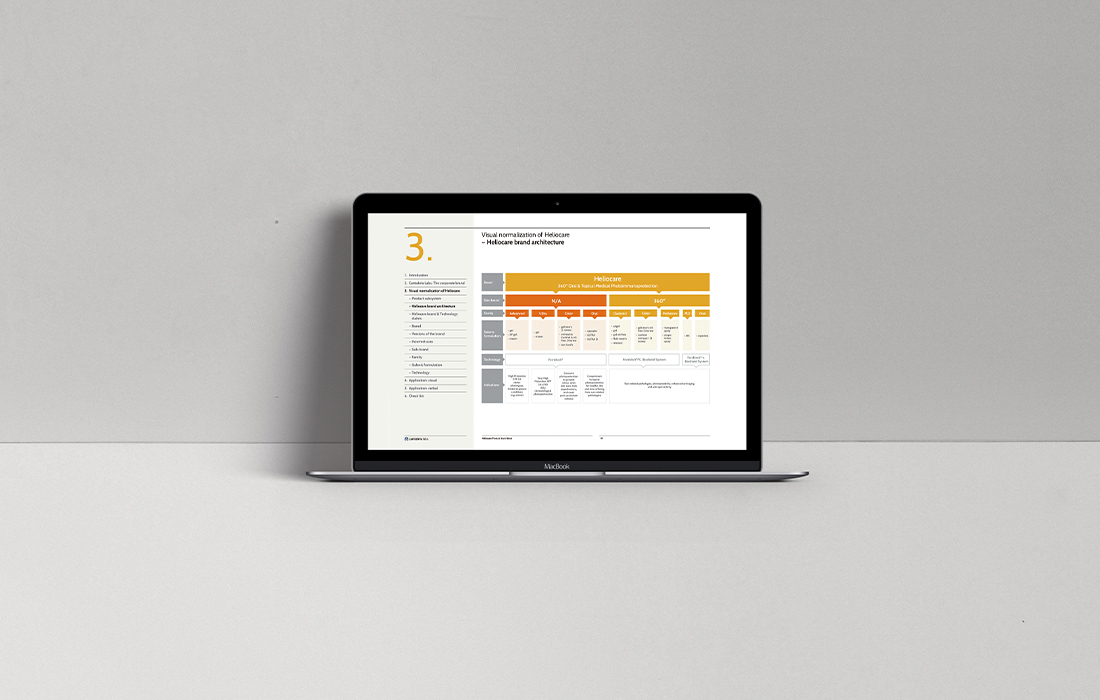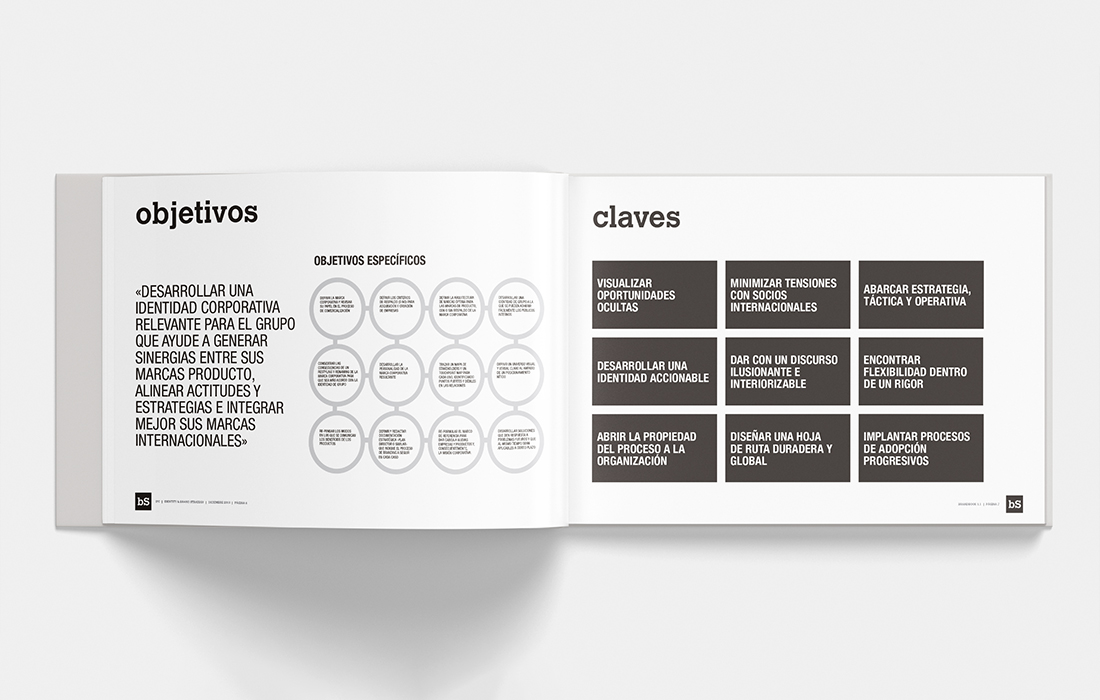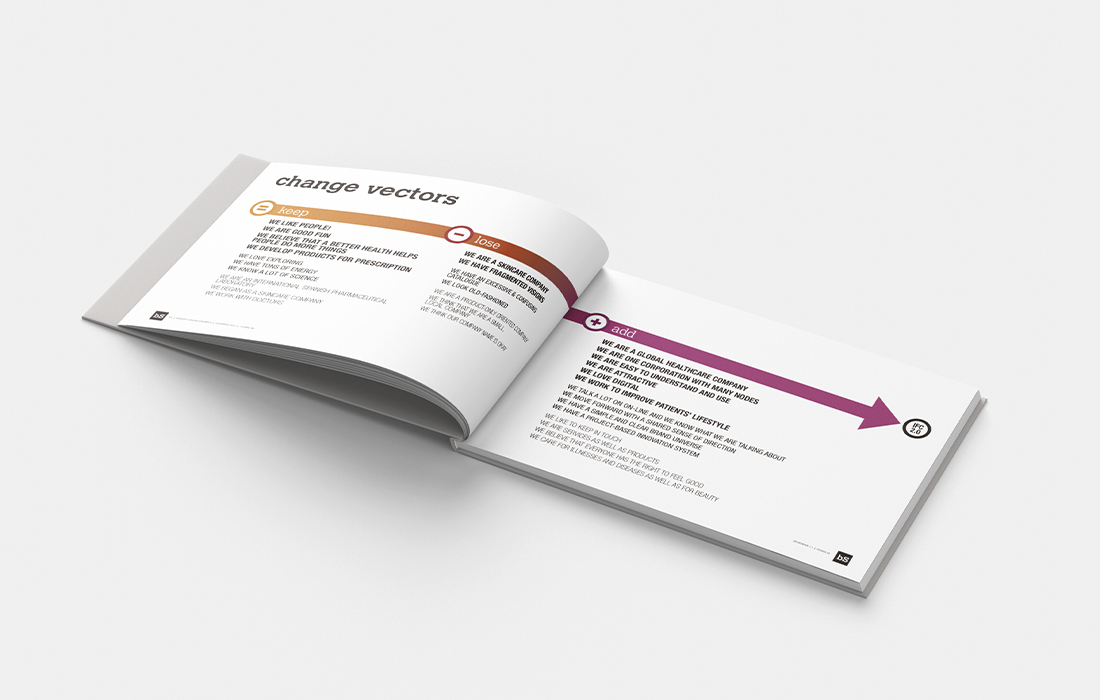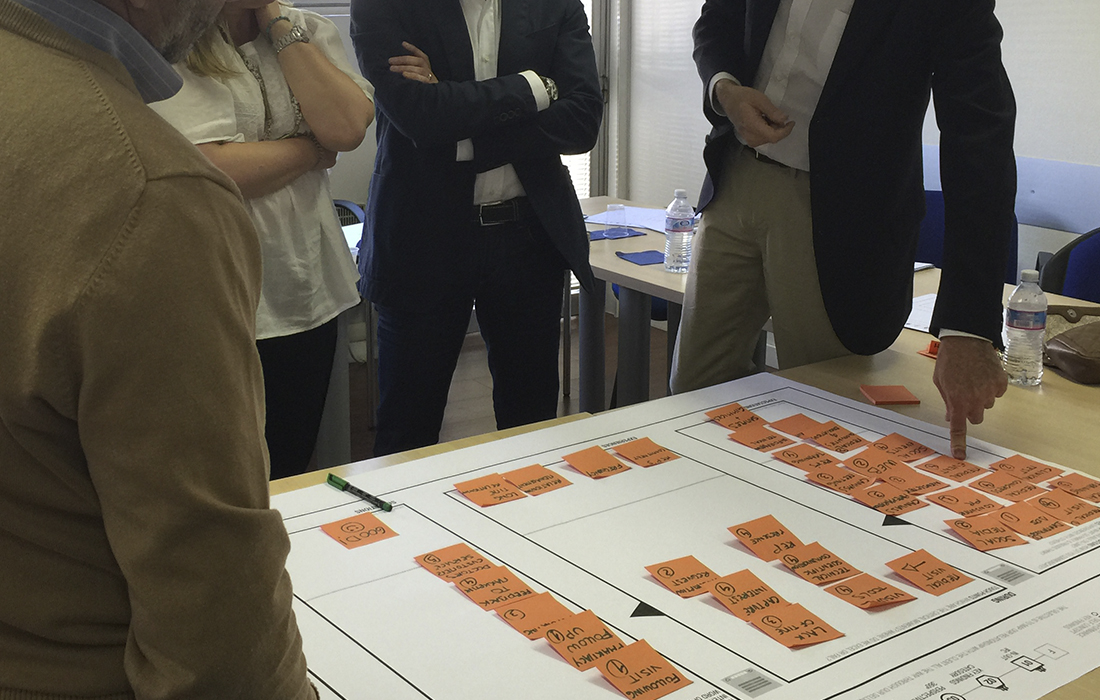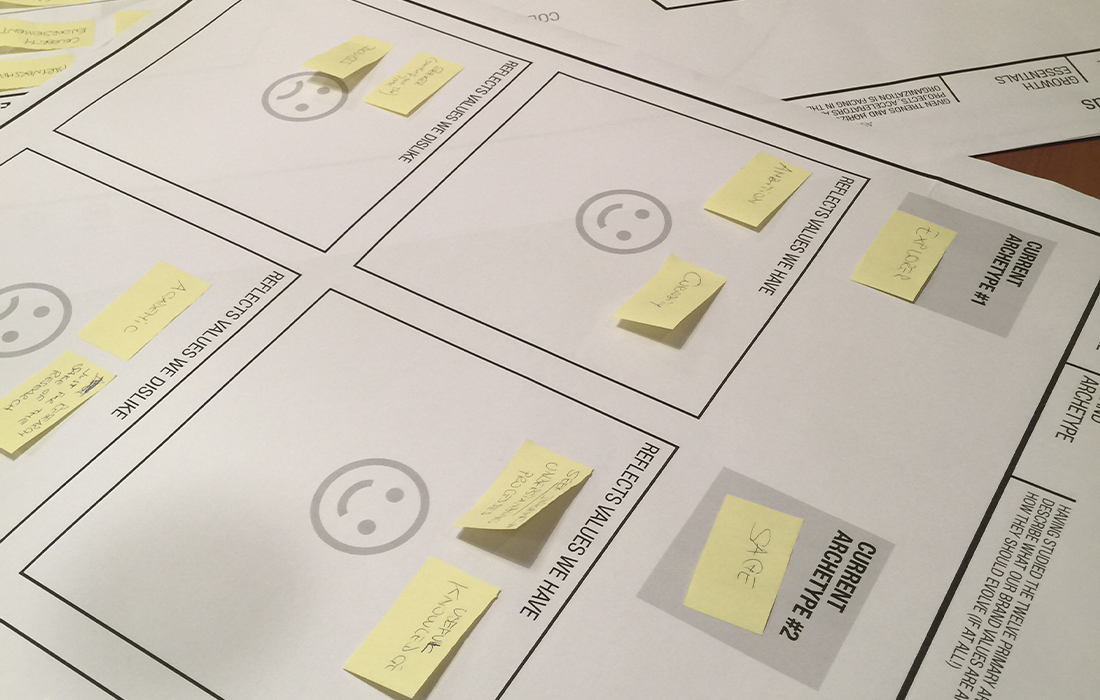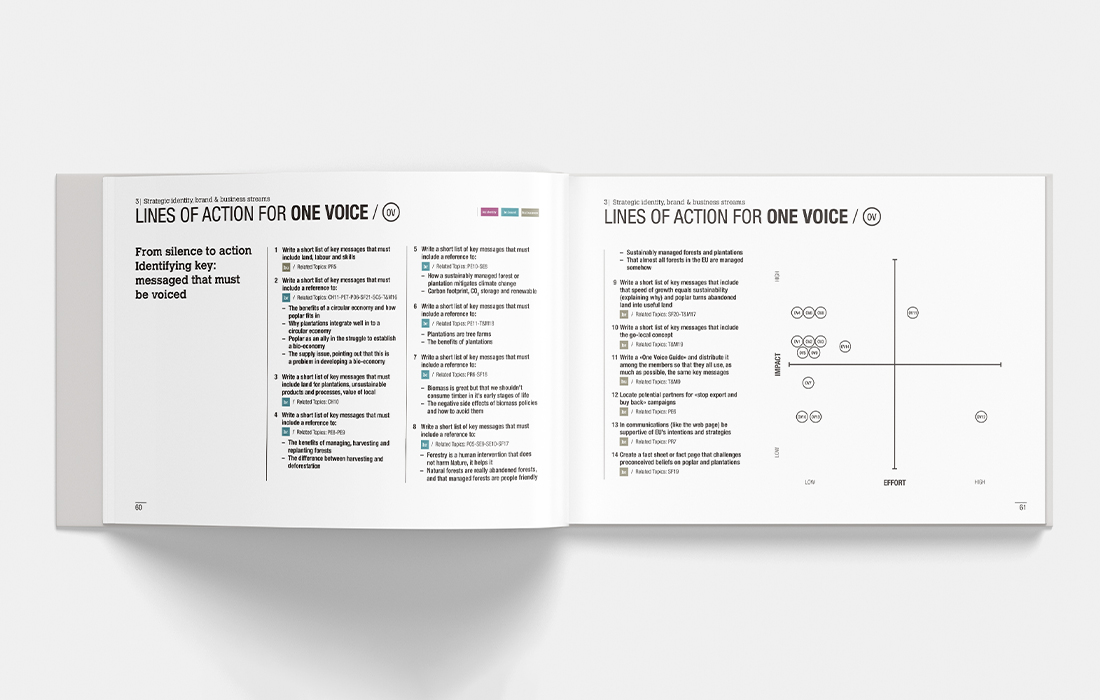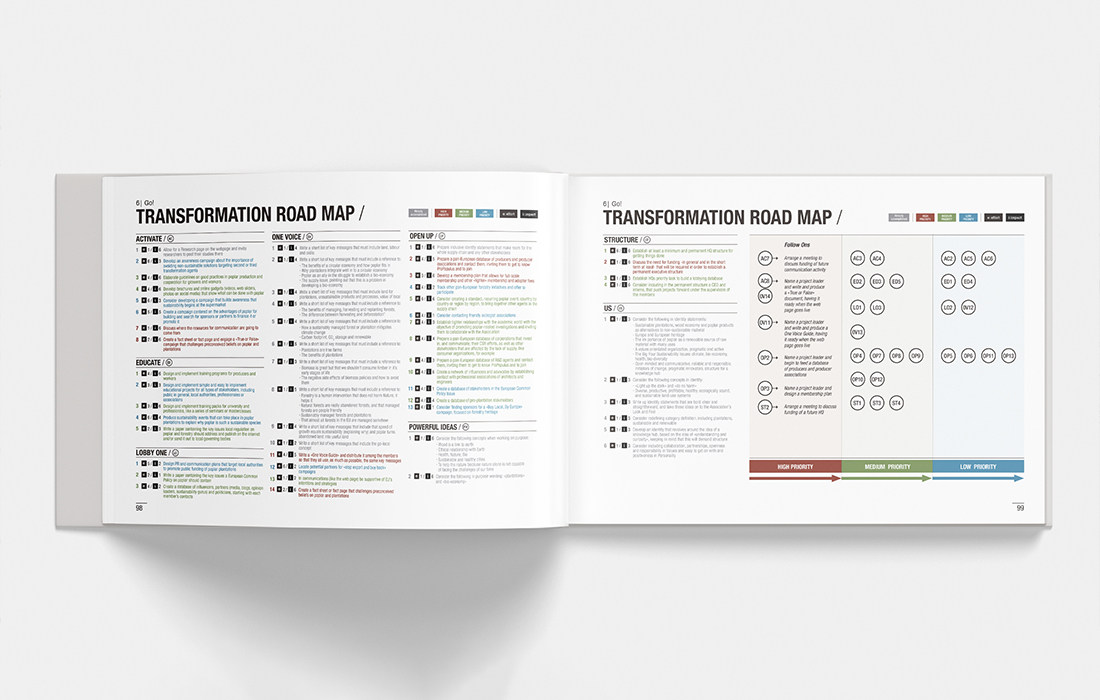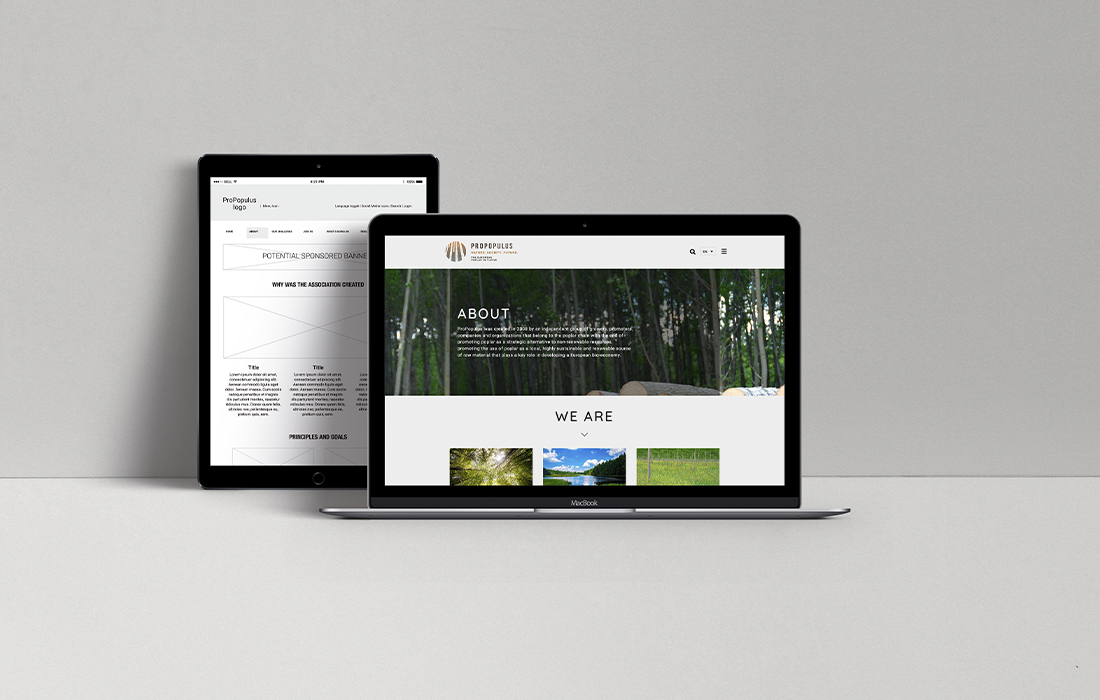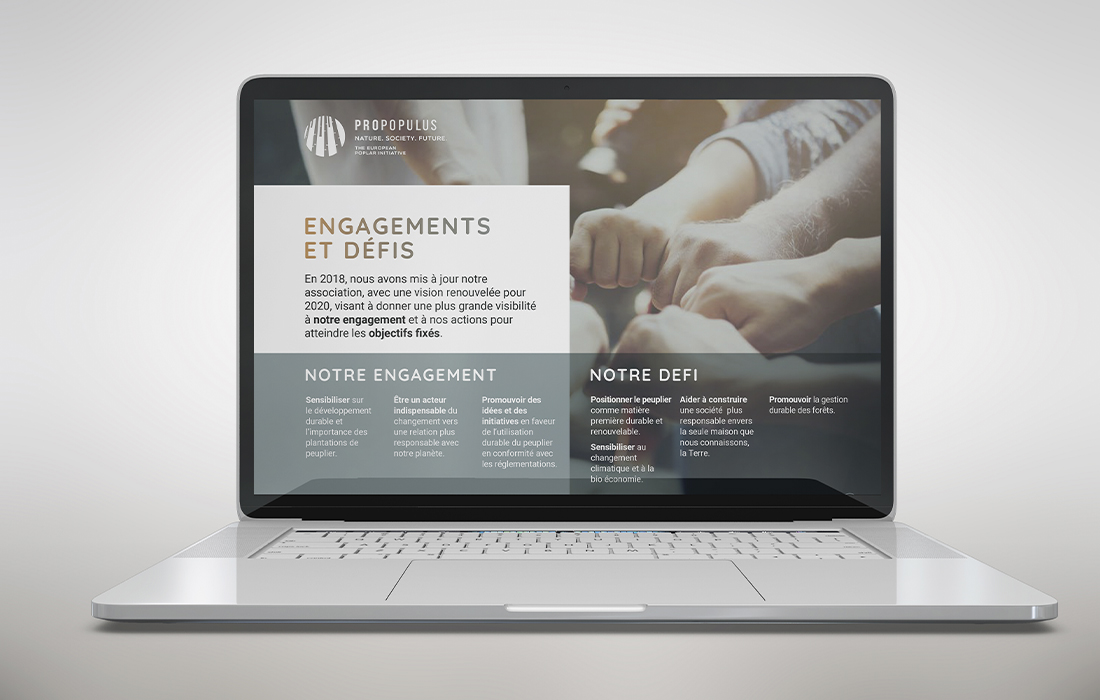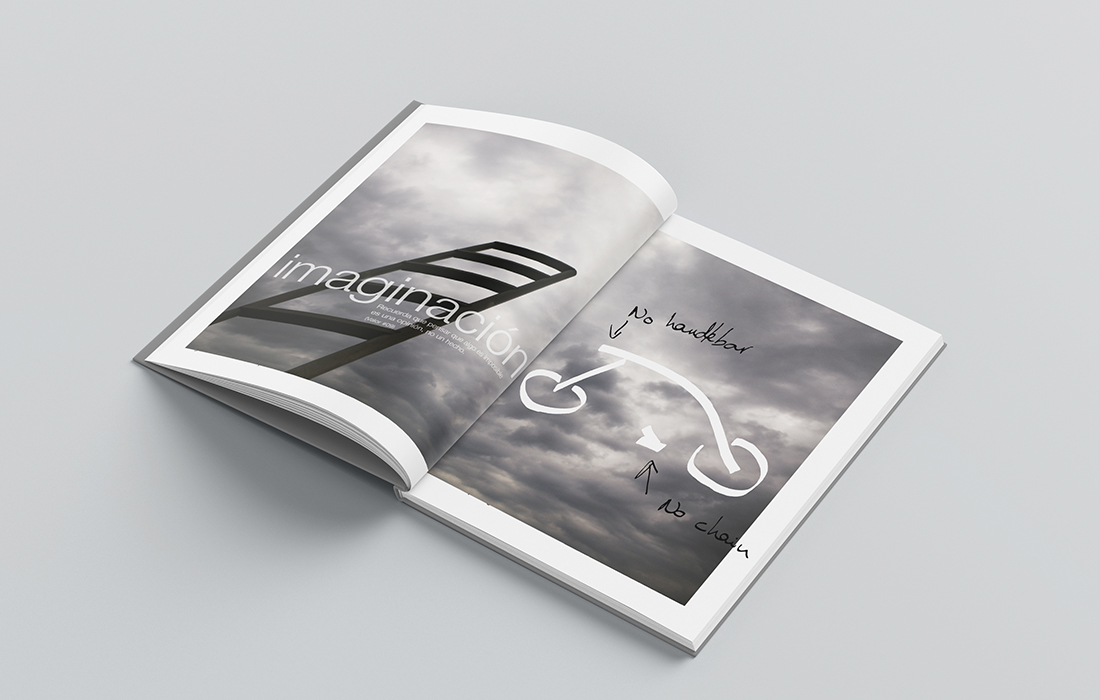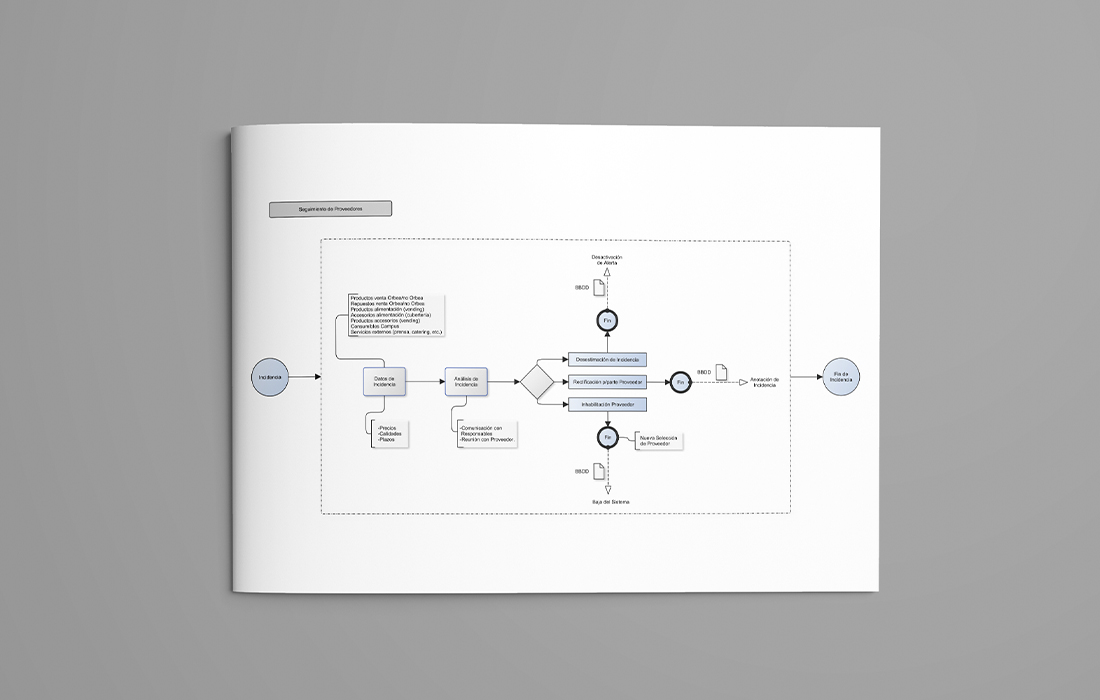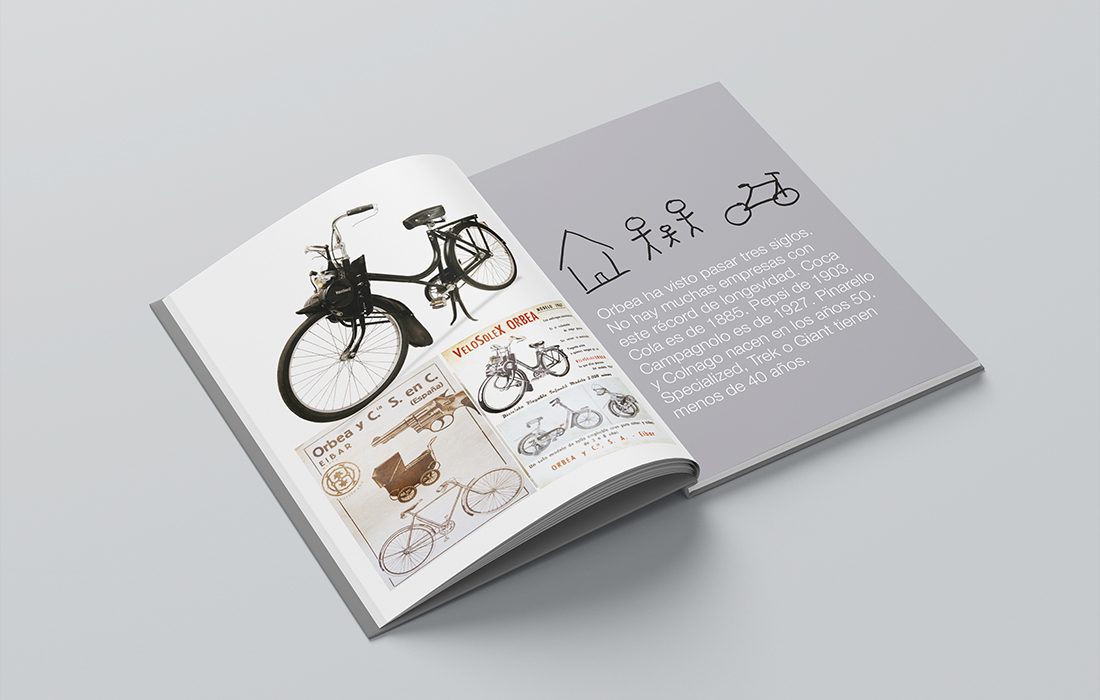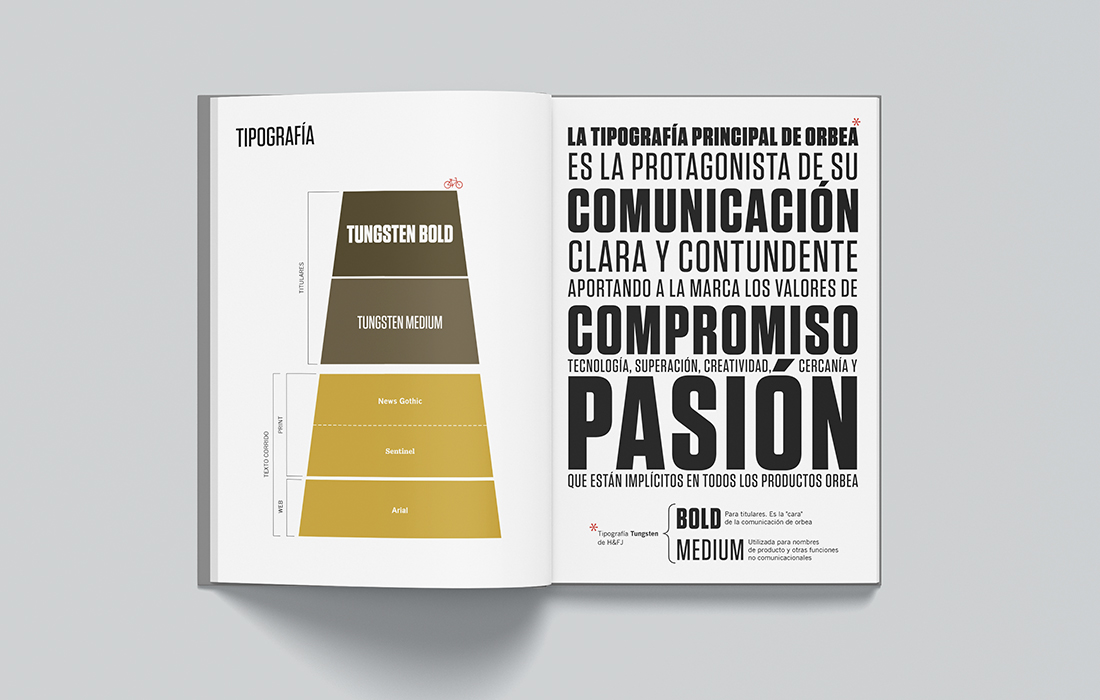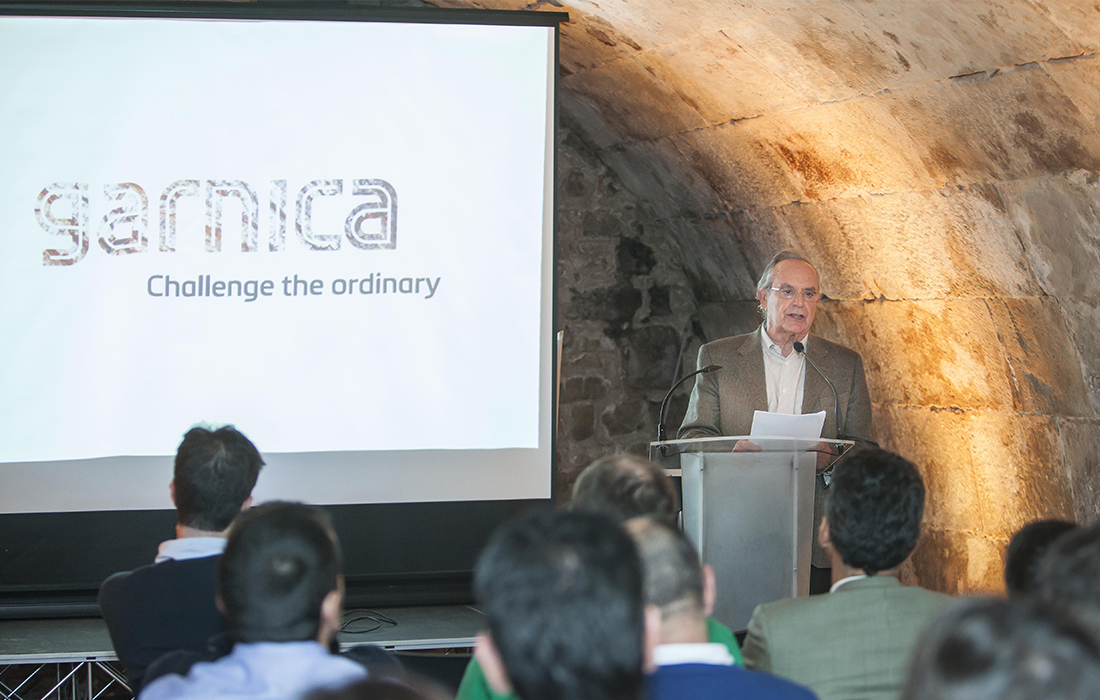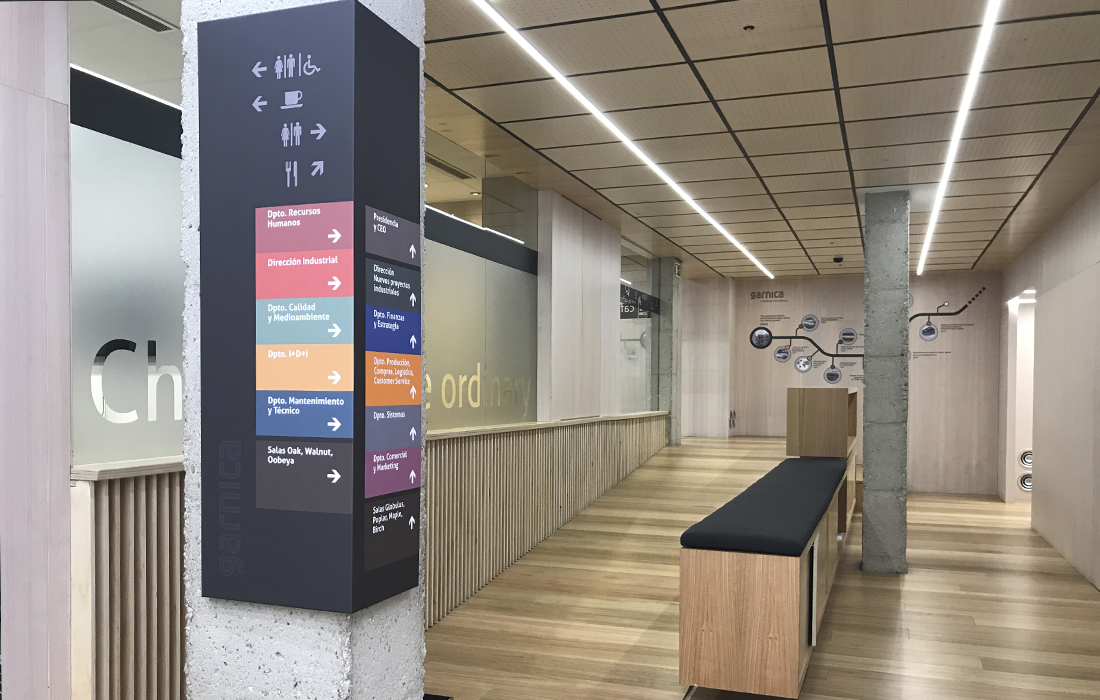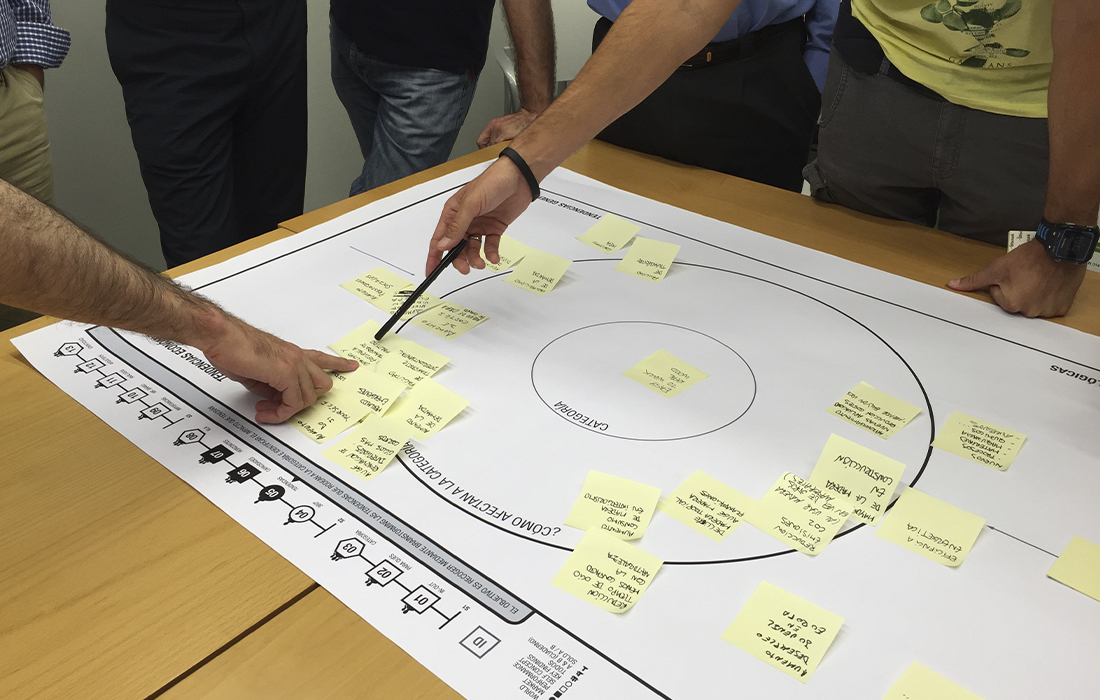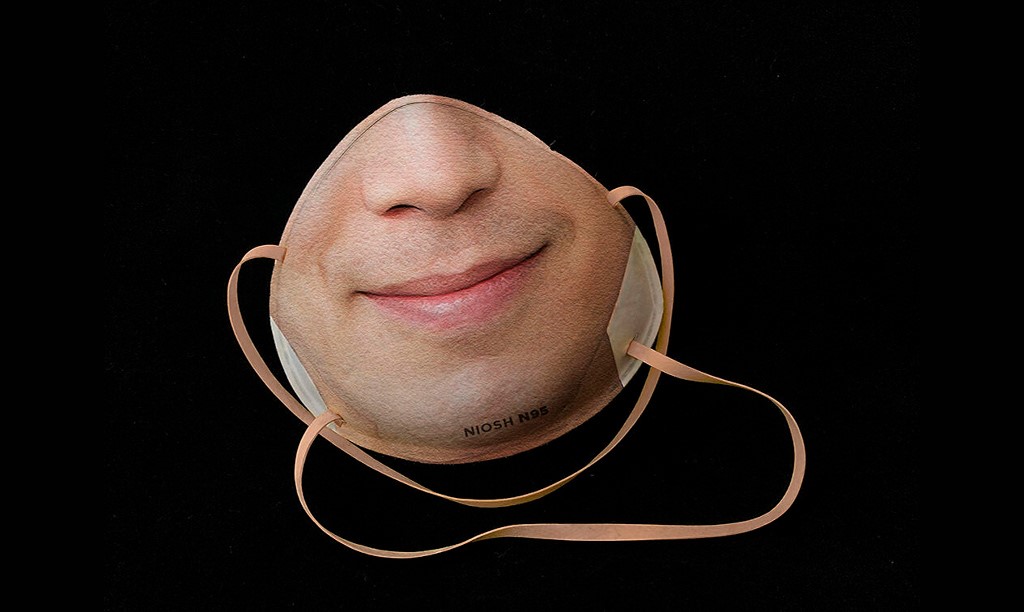
13 Mar Supportive brands or opportunistic brands
Whiplash Team, March 13th, 2020
Supportive brands or opportunistic brands
The coronavirus has put the world on guard and, as the disease spreads across the planet, the economic impact on companies and brands becomes more evident. But, as always, some see opportunities within the crisis.
A few weeks ago, luxury brands suffered the impact of the global health crisis generated by Covid-19, putting them in a difficult situation as, in 2019, Chinese consumers accounted for 40% of the 281,000 million euros invested in luxury products in the world, according to figures from the Jefferies financial group. In recent years, the Asian giant has gained weight in luxury consumption and Chinese consumers were responsible last year for 80% of business growth, which boosted the turnover of companies such as LVMH (owner of Louis Vuitton and Christian Dior, among other brands) and Kering (Gucci and YSL).
But knowing how to see opportunities amid critical moments is important to stay afloat in business, and that’s what brands like Off-White, Louis Vuitton, Gucci, Futurewear, Fendi, Urban Outfitters or Antisocial Club have done.
The health authorities’ warning about the suitability of wearing masks to prevent the spread of the virus in case of symptoms has generated an uncontrolled increase in demand, which reached 8,000% compared to the previous year. This alarmism has caused prices to skyrocket and establishments appear short of supplies, if not empty.
Beyond ethical considerations whether or not to take advantage of a health crisis is appropriate, the situation has created an opportunity for luxury brands that have turned a sanitary item into an accessory. They are creating customized masks that celebrities like Bella Hadid or Gwyneth Paltrow have not hesitated to show off. They have gone even further, presenting it as not only an item to prevent the spread of Covid-19, but as a symbol of protest against pollution and climate change, i.e., taking advantage out of a situation that seemed adverse.
The designer Danielle Baskin has taken the customization of the masks to the extreme and has put on sale, for $ 40 a piece (about 35 euros), the N95 Resting Risk Face model, a variety of masks that include a printed photograph of that same part of the face.
Among the companies negatively affected by the coronavirus is El Corte Inglés, which has announced that it will implement an adjustment plan to compensate for the sharp drop in sales. The fall is due, on the one hand, to collective fear in the Spanish population, who are not going to closed spaces with a large influx of people, but also a decrease in the influx of Chinese and Russian tourists, main consumers of luxury items in the stores in the chain’s main shopping centre in La Castellana (Madrid), where turnover has fallen 18.9% so far in March.
Although the economic impact of the coronavirus is negative for most businesses, other sectors and brands have also benefited indirectly from it.
Hygiene products brands –beyond antiviral gels that are sold out everywhere, including Amazon – are also seeing sales increase, given a rise in the demand for disinfectants for fear of the virus. In general, companies in this sector are being cautious about how to manage their brands in relation to the health crisis. No brand benefits from users perceiving it as unsupportive or, directly cashing in on the situation.
Other sectors are directly benefiting. As population remains confined at home, content platforms such as Netflix have seen their subscriber base grow and have registered a 12% rise since January, exceeding 160 billion dollars in market capitalization.
In Spain, Telefónica has announced that during the term of this crisis, it will increase for free the amount of data subscribers can use. In addition, through its video platform Movistar +Light it will offer more children’s and sports content, available for both customers as for non-Movistar customers. This supportive measure is good for the brand, it generates loyalty and will surely give returns in the form of new subscribers who are now taking advantage of the measure but may stay once the Covid-19 crisis is over.
It is a good time to show goodwill and a desire to help the population, demonstrating that the brand’s commitment to society is an intrinsic part of its purpose, beyond the income statement.

